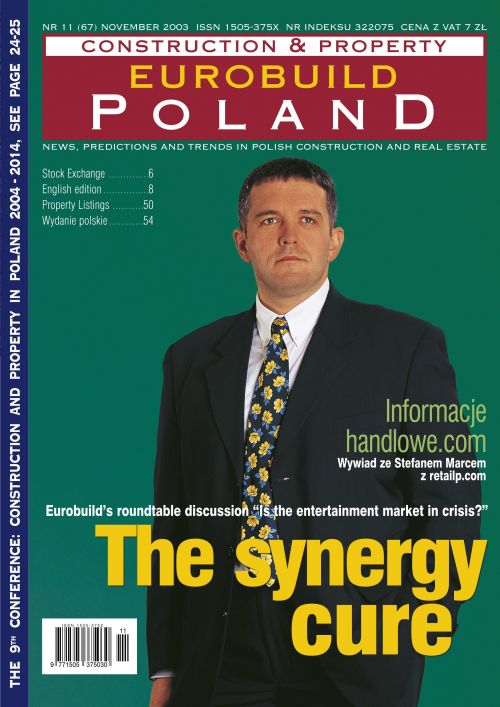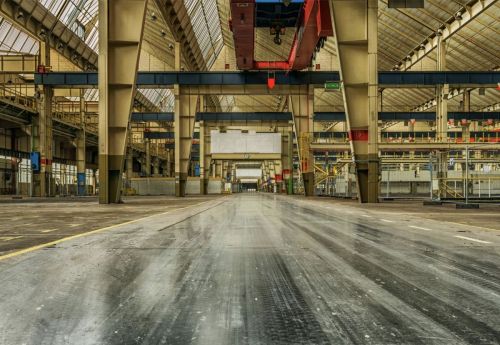The common notion of an 'industrial' agent is one of a professional who negotiates leases for warehouse space. What can often be overlooked is that such agents also act as consultants for manufacturers
As to the link that exists between production and warehouse space, the professionals seem divided as to what extent it does, though they'll all agree that for logistics, location is key, whereas for production, utilities, labour costs and then infrastructure matter more. As far as Tomasz Olszewski of Cushman & Wakefield H&B is concerned, the two areas are totally distinct.
"Disposing existing production space is difficult because there has to be a perfect match between what's on offer and what the client wants. Normally when someone is looking for a factory, they don't have ten options, just one or two. You need to work hard to find the right partners.
Warehouses however are similar to one another and the client who can fit into warehouse A, will also be appropriate




























































